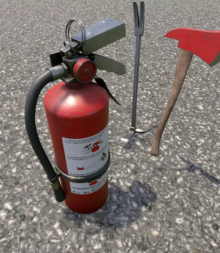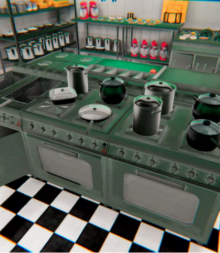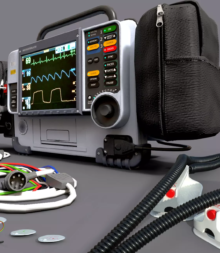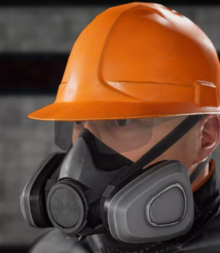




Nextera VR
Why Virtual Reality?
Current safety training environments fall short of successfully educating a diverse workforce and maintaining high training retention rates. Instead, bare-minimum compliance standards continue to characterize a training curriculum delivered mostly in one language through lectures, handouts, videos, and online modules. Lack of meaningful hands-on experience leaves learners without the on-site, immersive training to fully recognize the scope of workplace risks and the best practices for mitigating and preventing unsafe incidents. A worker’s first time driving a forklift or operating a crane should not be on-site; inexperience does not lead to the best outcomes.
Benefits of Virtual Reality:
Success with all learning styles
Eliminate risk and safety concerns
Reduce training budget
Repetition creates successful action
Effective and efficient for large and small companies
Applicable to every industry
VR TRAINING
More effective training, faster & at lower costs
Immersive training yields significant benefits to any industry sector where active, ongoing development of skills and first-hand, experiential learning are required, particularly in industries that deal with complex products or high-risk tasks.

75% knowledge retention
Compared to 5% from lectures and 10% from reading

60% reduction in training time
Compared to conventional learning methods
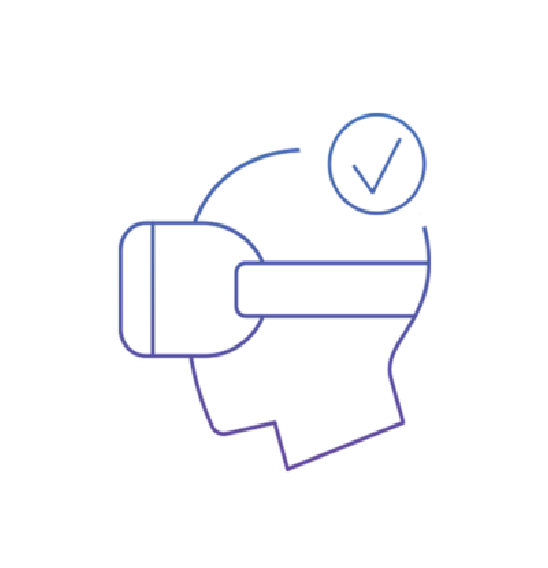
90% median recall accuracy
Compared to 79% on desktop display-based learning

97% trainee acceptance
High number of students would like to do more VR training.
Our Virtual Reality Modules
Get the Immersive experience.





Request A Demo
Nextera’s Virtual Reality (VR) enhanced safety training is designed to reproduce practical scenarios in a virtual environment. The result is that we provide safe and effective guidance for situations that are too difficult, expensive, or dangerous to prepare for in the real world.

